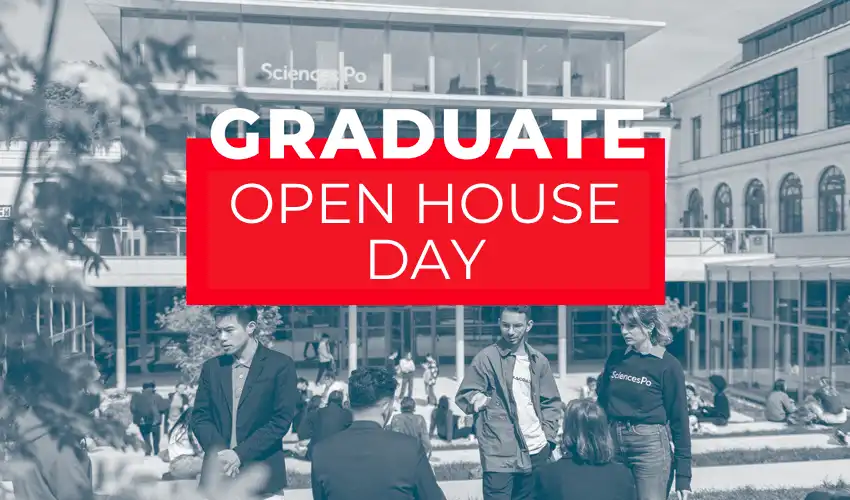Home>Andreas, Director for the offices in Francophone West Africa Innovations for Poverty Action
06.01.2023
Andreas, Director for the offices in Francophone West Africa Innovations for Poverty Action
Andreas Holzinger has graduated in International Development - Dual Degree with the Freie University of Berlin. Coming from Germany, he is Director for the offices in Francophone West Africa Innovations for Poverty Action in Abidjan, Ivory Coast.
What is your role and main responsibilities?
I oversee a team of 60 full-time staff working across the subregion managing rigorous impact evaluations to better assess development gains and steer investment with technical advice towards cost-effective and impactful programs, policies, and innovations.
How did you secure this role?
The old school “applying on an organization's website“ route can also still work. Needless to say, I appreciate and encourage recent graduates to get in touch with inspiring role models in their sectors. As I was lucky enough that blind applications - at the UN previously or - at IPA were equally successful, a note of encouragement to also proactively apply to organizations whose impact one deems to be aligned with one’s ideas and ideals at the time.
What is the most fascinating and/or surprising aspect at your role?
In this director position, every day - even hour - is different and it is thus key to be able to switch within the span of a minute between key staff needs and demands, legal queries, audit or procurement intricacies, research quality controls, as well as media requests. Other fascinating components certainly are the insightful dialogues with policy-makers - from technical specialists, to Ministers, and even some Heads of State, while co-creating with them, renowned academics, as well as development partners on what key insights could advance the knowledge and practicioner's scope in the realm of international co-operation. It remains primordial to me to make sure with adequate resource mobilization at all times that even through coup d'etats or pandemics, physical and mental well-being as well as job security is provided for the team I am working with and ultimately for.
How did your PSIA experience help you with the role?
Three lessons come to mind: first, at PSIA, it was already essential to become a generalist with quick adaptability to subject matters - versatility is hence a key skill to celebrate. Second, one learns fairly quickly - when interacting with civic, political or economic celebrities at Sciences Po, to better discern what appearances show, and thus instills a degree of humility to always comprehend the human, their needs, and respective perspectives. All of this occurs within a system of structural privileges that needs to be disassembled in order for access to be rendered equitable. Third, the wit and passion of fellow learners, academics, and practitioners at PSIA with whom exchanging was made easy, is a resource that enables us to grow further.
What advice would you give to others?
It is what you make out of it.' While hearing this initially, it never ceased to fatigue me. The simplicity and essence of these words though are quite compelling. To follow Kafka's vision of 'the path being formed by walking on it', there is an innate human invitation to continuously reflect and design the way ahead for oneself and the communities we aim to serve.
- More about the Master in International Developpment
- More about Francophone West Africa Innovations for Poverty Action
Virtual Graduate Open House day, October 2025

On 18 October 2025: meet faculty members, students and representatives and learn more about our 30 Master's programmes.